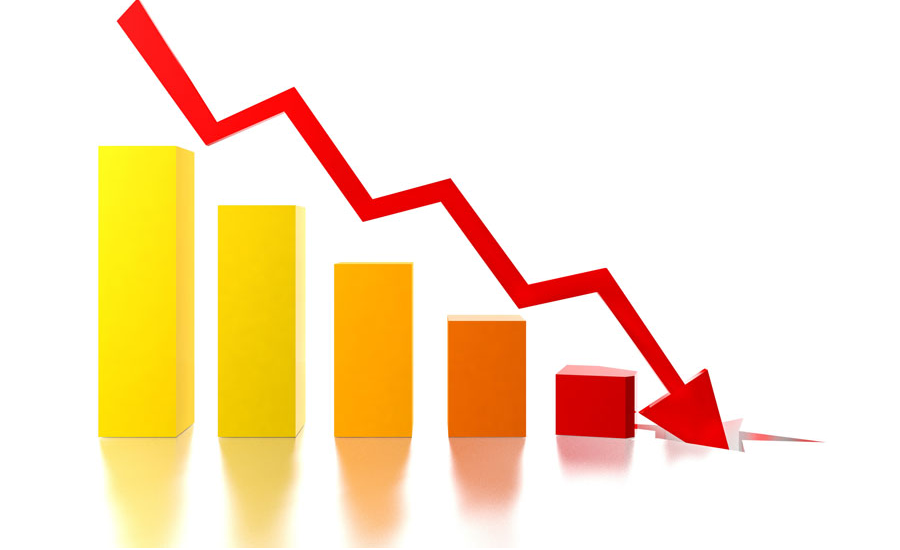Fewer young people are using tobacco
Yet 3.6 million middle and high school students still use tobacco products

Fewer U.S. middle and high school students are using tobacco products – but too many still do, according to a new survey published by the Centers for Disease Control and Prevention (CDC) and the U.S. Food and Drug Administration’s (FDA) Center for Tobacco Products.
In 2017, 3.6 million middle and high school students say they are current tobacco product users (used a tobacco product in the past 30 days). The number of those students is down from about 4.5 million in 2011, according to findings from the 2017 National Youth Tobacco Survey reported today in CDC’s Morbidity and Mortality Weekly Report. E-cigarettes have been the most commonly used tobacco product among both middle and high school students since 2014.
Overall, nearly 1 in 5 high school students and 1 in 18 middle school students reported current use of any tobacco product in 2017, compared to nearly 1 in 4 high school students and 1 in 13 middle school students in 2011. Among the 3.6 million tobacco product users in 2017, a total of 2.1 million used e-cigarettes. Moreover, among current tobacco users in 2017, 46.8 percent of high school students and 41.8 percent of middle school students used two or more tobacco products.
“Despite promising declines in tobacco use, far too many young people continue to use tobacco products, including e-cigarettes,” said CDC Director Robert R. Redfield, M.D. “Comprehensive, sustained strategies can help prevent and reduce tobacco use and protect our nation’s youth from this preventable health risk.”
Tobacco prevention and control strategies at national, state, and local levels — including tobacco product price increases, comprehensive smoke-free policies, media campaigns warning about the risks of youth tobacco product use, and youth access restrictions — likely contributed to the reductions in tobacco product use. In recent years, a growing number of states and localities have included e-cigarettes in these strategies.
Key findings on current tobacco product use
- Among middle school students in 2017, e-cigarettes were the most commonly used tobacco product (3.3 percent), followed by cigarettes (2.1 percent), smokeless tobacco (1.9 percent), cigars (1.5 percent), hookah (1.4 percent), pipe tobacco (0.4 percent), and bidis (0.3 percent).
- Among high school students in 2017, the most commonly used tobacco products after e-cigarettes (11.7 percent) were: cigars (7.7 percent), cigarettes (7.6 percent), smokeless tobacco (5.5 percent), hookah (3.3 percent), pipe tobacco (0.8 percent), and bidis (0.7 percent).
“We’re encouraged by the recent declines in overall youth tobacco use; however, we must do more to address the disturbingly high number of youth who are using e-cigarettes,” said FDA Commissioner Scott Gottlieb, M.D. “The FDA is taking new enforcement steps to make sure all tobacco products – particularly e-cigarettes – aren’t being marketed to, sold to, or used by kids. We’re also advancing our framework for the regulation of these products through our review process to address youth initiation; and we’re investing in compelling, science-based campaigns to educate youth about the dangers of e-cigarettes.”
What can be done about youth tobacco use?
Tobacco use is the leading cause of preventable disease and death in the United States, and nearly all tobacco use begins during youth and young adulthood.
Regulating the manufacturing, distribution, and marketing of tobacco products, coupled with proven population-based strategies, can reduce youth tobacco use and initiation. These strategies include:
- Increasing prices of tobacco products.
- Protecting people from exposure to secondhand smoke and e-cigarette aerosol.
- Sustaining hard-hitting media campaigns that warn about the dangers of tobacco product use.
- Restricting youth access to tobacco products.
To learn more about preventing young people from using tobacco products, visit www.BeTobaccoFree.gov.
Looking for a reprint of this article?
From high-res PDFs to custom plaques, order your copy today!





